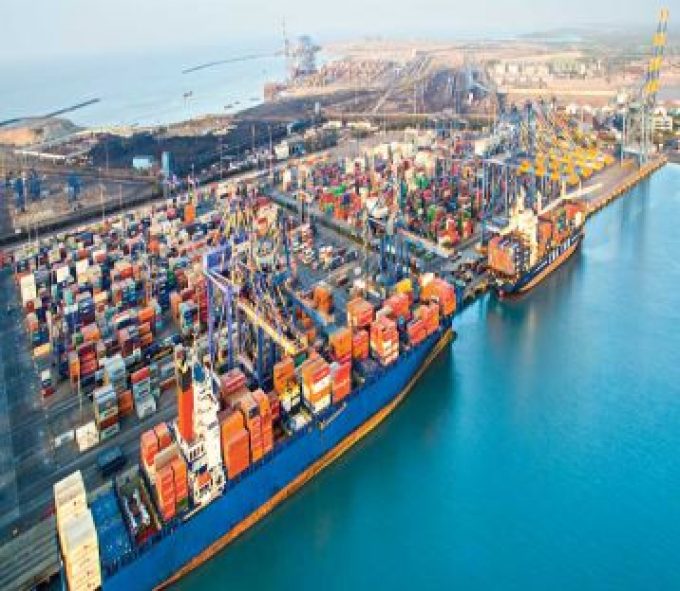Indian shippers brace for port strikes over 'promises not kept'
Indian shippers are fearful of major supply chain disruptions after dockworkers called for strikes at ...

Another meeting attempting to settle the Adani Ports train levy dispute in India ended in failure this week.
Officials from the Association of Container Train Operators (ACTO) had raised concerns at the 1 November 2020 introduction of a terminal access charge of INR7,500 ($99) for use ...

Comment on this article